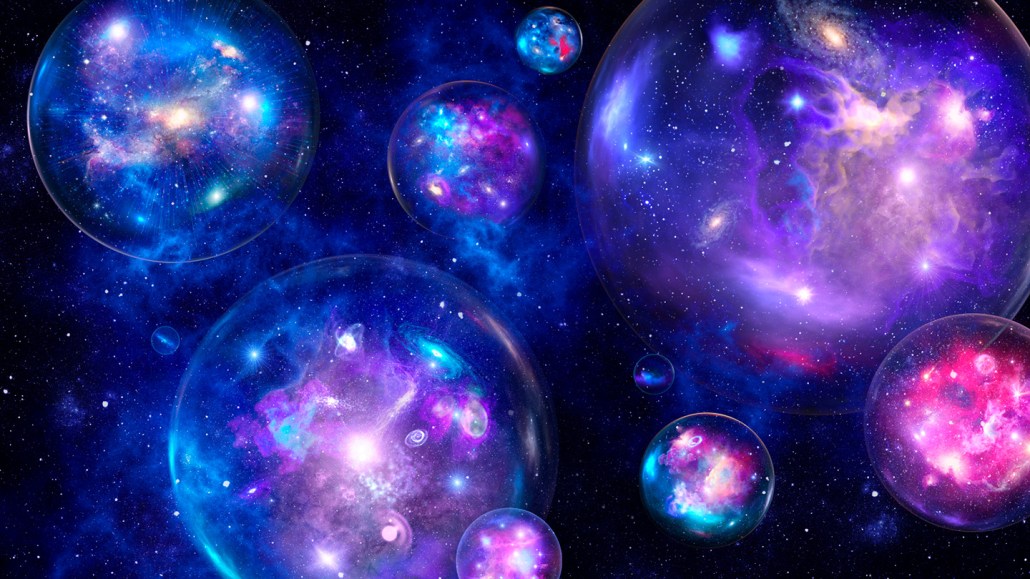
Physics
Physics theories about the multiverse are stranger than fiction
Cosmology and quantum physics both offer tantalizing possibilities that we inhabit just one reality among many. But testing that idea is challenging.
Every print subscription comes with full digital access

Cosmology and quantum physics both offer tantalizing possibilities that we inhabit just one reality among many. But testing that idea is challenging.
We summarize the week's scientific breakthroughs every Thursday.
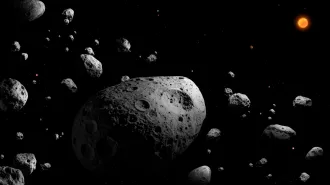
Among the first finds from the Vera C. Rubin Observatory, the discovery hints at a population of exceptionally strong asteroids.
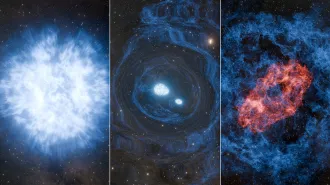
The blast may have been a kilonova — a type of neutron star merger — in the wake of a more traditional supernova.

Trees are known for absorbing CO2. But microbes in their bark also absorb other climate-active gases, methane, hydrogen, and carbon monoxide.
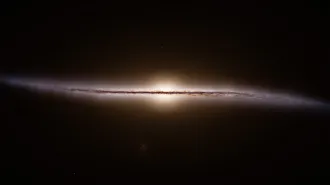
The subatomic particles are incredibly numerous. About 1,000 neutrinos from stars other than the sun pass through a thumbnail every second.
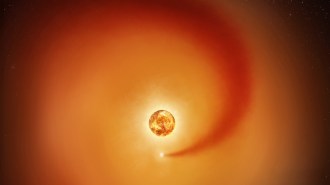
The wake left by Betelgeuse’s companion could solve a decades-old mystery of its strange brightness cycles.
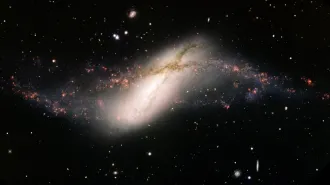
The discovery of thousands more galaxies with stars ringing their main disks could help astronomers study galactic evolution more generally.
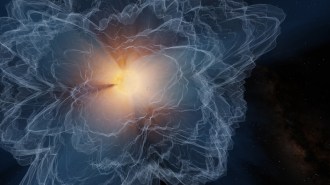
NASA’s Parker Solar Probe has mapped the shifting boundary between the sun and the rest of the solar system.

Longest lightning, the first AI-generated genomes and biggest black hole smashup were among this year’s top science superlatives.
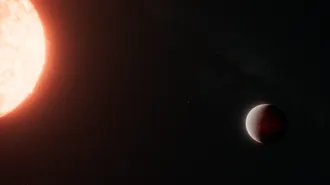
The James Webb Space Telescope detected an atmosphere on a lava-covered exoplanet, evidence that small planets close to stars can have atmospheres.
Subscribers, enter your e-mail address for full access to the Science News archives and digital editions.
Not a subscriber?
Become one now.